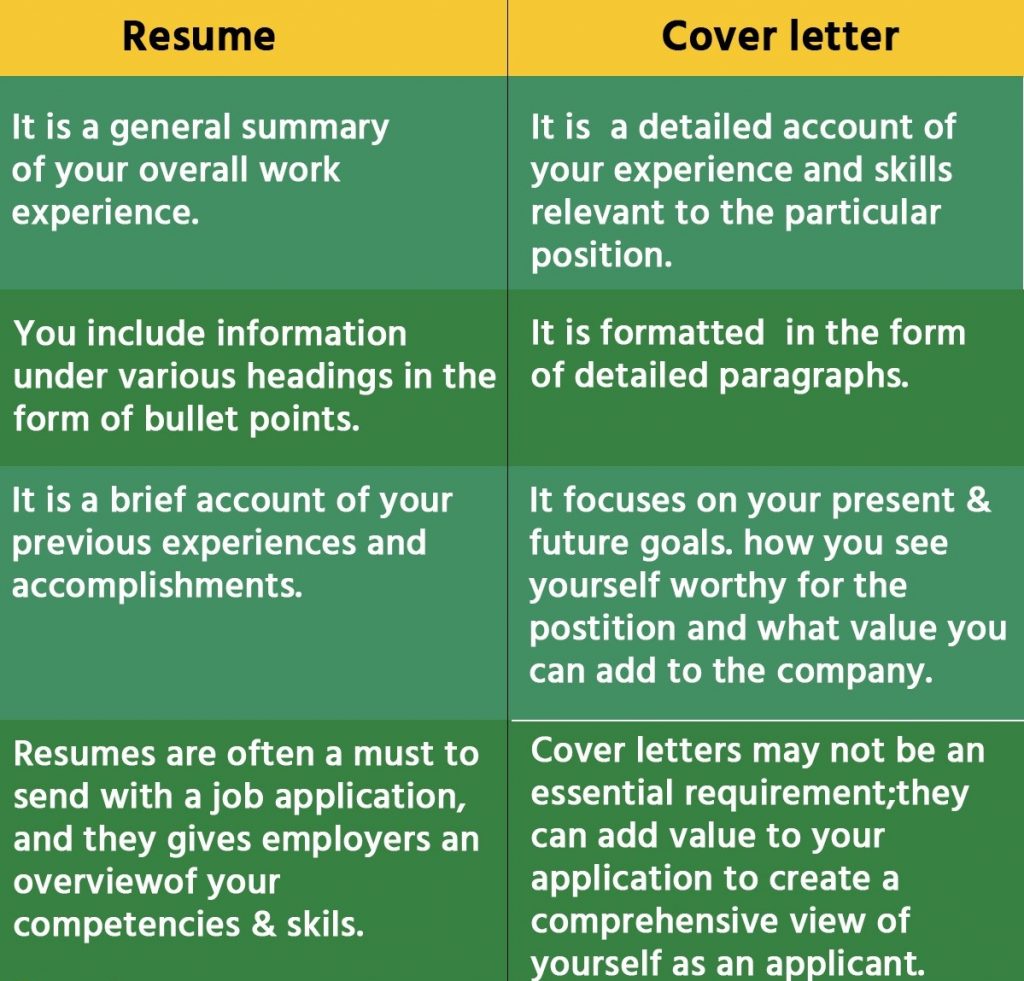Artificial Intelligence (AI) is revolutionizing industries worldwide. From automating routine tasks to enabling self-driving cars and intelligent healthcare diagnostics, AI is reshaping the future of work. For college students and…

How to Get Your First Job After College – Best Success Tips for 2026!
Congratulations! You’ve conquered the challenges of college and are now ready to embark on your exciting professional journey. But with a competitive job market, navigating the path to your first post-graduation role can feel overwhelming. Fear not, recent graduates!
This comprehensive guide equips you with the best success tips for landing your dream job in 2026.
How to Make a Resume for First Job?
The world of work is constantly evolving, and 2026 demands a strategic approach to your job search. Here, we’ll break down key steps to help you stand out from the crowd and secure that perfect first job.

A successful job search starts well before graduation. Here’s how to leverage your college years:
- Identify Your “Why”: Understanding your career goals is crucial. What are your passions? What kind of work environment excites you? Explore different fields through internships, volunteer work, or informational interviews with professionals in your area of interest.
- Develop In-Demand Skills: Many employers seek candidates with a blend of technical skills and soft skills. Hone your communication, teamwork, problem-solving, and digital literacy skills through coursework, projects, or online resources.
- Leverage Your College Career Center: Your career center is a goldmine of resources. Utilize resume workshops, mock interviews, and career counseling services to refine your job search strategy.
Power of a Tailored Resume and Cover Letter

Your resume and cover letter are your first impression on potential employers. Invest time in crafting compelling documents that showcase your unique value proposition.
- Resume: Ditch the one-size-fits-all approach. Tailor your resume to each job application, highlighting relevant skills and experiences. Use keywords from the job description and quantify your achievements with numbers and percentages.
- Cover Letter: Don’t just repeat your resume. Craft a personalized message through a cover letter expressing your enthusiasm for the specific role and company. Briefly explain why you’re a perfect fit, highlighting relevant skills and experiences.
Networking: Building Bridges to Opportunity
Networking isn’t just about collecting business cards. It’s about building genuine connections and fostering professional relationships. Here’s how to leverage your network:
- Connect with Alumni: Reach out to alumni from your university, especially those working in your desired field.
- Attend Industry Events: Participate in job fairs, conferences, and workshops. These events provide valuable networking opportunities and industry insights.
- Utilize Online Platforms: Platforms like LinkedIn are powerful networking tools. Connect with professionals in your field, engage in industry discussions, and build your online presence.
Optimizing Your Job Search Strategy
With a targeted resume and active network, it’s time to find the perfect job! Here are some effective strategies:
- Leverage Job Boards: Utilize popular job boards like AmbitionBox and Naukri Jobs. Set up search filters for relevant keywords and locations.
- Company Websites: Don’t overlook company career pages. Many companies post openings directly on their websites.
- Hidden Job Market: Reach out to companies you admire, even if they haven’t posted open positions. You might discover unadvertised opportunities.
Interview Ace: Mastering the Art of the Interview
Getting an interview is a win! Now, let’s prepare to showcase your skills and leave a lasting impression.
- Research the Company: Learn about the company’s mission, values, and recent projects. Demonstrate your genuine interest in the opportunity.
- Practice Makes Perfect: Conduct mock interviews with friends, family, or career counselors. Practice answering common interview questions confidently and clearly.
- Dress for Success: First impressions matter. Dress professionally and appropriately for the company culture.
- Body Language and Communication: Maintain eye contact, use positive body language, and speak clearly and concisely.
- Ask Insightful Questions: Prepare well-researched questions about the role, company culture, and expectations. This demonstrates your genuine interest and initiative.
The Art of the Follow-Up: Staying in the Game
After your interview, send a thank-you email to the interviewer(s) within 24 hours. Reiterate your enthusiasm for the position and highlight the key points you discussed. Stay positive and persistent, and politely inquire about the next steps in the hiring process.
Rejection? It’s Part of the Journey
Job searching can be a rollercoaster. Don’t get discouraged by rejections. Use them as learning experiences. Analyze your interview performance, identify areas for improvement, and refine your resume and cover letter for future applications.
Bonus Tips for 2026!
Your first job is a stepping stone to a fulfilling career. By following these tips and showcasing your unique strengths, you’ll be well on your way to landing your dream job in 2026!
- Highlight Your Digital Savvy: Many jobs require strong digital communication and project management skills. Showcase your proficiency in relevant software, communication platforms, and online tools.
- Embrace Remote Work Opportunities: The remote work landscape is evolving. Consider remote positions that offer flexibility and a wider job search range.
- Showcase Your Adaptability: Employers value candidates who can learn quickly and adapt to change. Highlight your ability to navigate new situations and embrace challenges.
FAQs on First Job After Graduation
What is the best job to get after college?
There’s no one-size-fits-all “best” job. Identify your interests and skills to find a fulfilling career path.
What to do after the first job?
Evaluate your experience and career goals. Consider further education, a new position, or internal promotion within the company.
What is the best job while in college?
Choose an internship or part-time job that aligns with your interests and helps you develop relevant skills.
What is the best first job?
The “best” first job offers learning and growth opportunities while aligning with your interests and skills.
What is the meaning of the first job?
Your first job is a stepping stone to building experience, skills, and your professional network.
What is the best job after graduation?
The best post-graduation job utilizes your skills, aligns with your interests, and offers growth potential.
What is the easiest job to get after graduation?
“Easy” is subjective. Entry-level jobs in customer service, administrative support, or sales might be easier to obtain.
How do I start a job search after graduation?
Refine your resume and cover letter, build your online presence, network actively, and leverage career center resources.
Latest Posts
How to Write a Leave Letter (Format & Examples)
In today’s fast-paced academic and professional environments, there may come a time when you need to take a leave of absence. Writing a leave letter is an essential skill that…
How to Write a Job Application Letter (With Samples)
When it comes to applying for your first job, making a great first impression is crucial. As a recent graduate, you might feel a little intimidated by the idea of…
Data Science vs Data Analytics – Everything You Need to Know!
In today’s digital economy, Data Science and Data Analytics have become some of the most sought-after career paths for students and freshers, especially in India. With businesses increasingly relying on…
How to Land Your Dream Job: Job Search Guide for Beginners
In today’s competitive job market, securing your dream job requires more than just a polished resume and a strong cover letter. It demands a strategic approach and a deep understanding…
Popular Posts
100+ Quantitative Aptitude Questions for Placement with Answers
Quantitative aptitude questions play a crucial role in campus placements, competitive exams, and entry-level job interviews. Whether you are preparing for your first job interview, an aptitude test for placement,…
How to Write Mail for Job Application – Explained
A job application email is a professional email that you send to a potential employer to express your interest in a job opening. It is typically accompanied by your resume…
How to Start an AI Career in India: Skills and Future of Work
Artificial Intelligence (AI) is revolutionizing industries worldwide. From automating routine tasks to enabling self-driving cars and intelligent healthcare diagnostics, AI is reshaping the future of work. For college students and…
Google Internship 2026 for Freshers: All You Need to Know
In the competitive landscape of technology careers, a Google internship stands out as a golden opportunity for aspiring professionals. Whether a college student or a recent graduate, securing an internship…
How to Write a Job Application Letter (With Samples)
When it comes to applying for your first job, making a great first impression is crucial. As a recent graduate, you might feel a little intimidated by the idea of…

